Some Jews wore kippot, while Muslim fellows wore hijabs and niqabs as 300 members of the two religious communities came together over an iftar dinner June 25 during Ramadan at Wilshire Boulevard Temple.
The break fast — which featured kosher and halal foods — was much more than a meal. The event was filled with interfaith dialogue and a practice known as “Two Faiths One Prayer” in which Muslims and Jews pray side by side.
Organizers from NewGround: A Muslim-Jewish Partnership for Change said it was a gathering to make friendships, connections and harmony in order to help reduce Islamophobia and anti-Semitism in Los Angeles, the home of an estimated 600,000 Jews and 500,000 Muslims.
Aziza Hasan, executive director of NewGround, a community-building organization dedicated to strengthening Jewish-Muslim relations, told the Journal, “[The event] connects Jewish and Muslim communities. Each of them that we host, they have one-on-one conversations and build connection and relationships. … It really focuses on community building.”
Attendees participated in a Q-and-A session and shared different aspects of their culture, religion and experiences.
Wilshire Boulevard Temple’s Rabbi Susan Goldberg said having such a dialogue in which both the Jewish and Muslim communities learn about their differences and commonalities is vitally important.
“I think that both of our communities have experienced an incredible amount of discrimination. … Unfortunately for Muslims, Islamophobia is a really pervasive occurrence. So I think we have empathy for each other from those experiences,” she said.
“It is really important that we stand up for Muslims when they are dealing with a level of discrimination,” added Goldberg, who is also a NewGround board member.
Through a number of initiatives, NewGround strives to transform Muslim-Jewish relations and advance a shared agenda for change. Its annual fellowship program this year elected students — half from one faith, half from the other — to participate in the nine-month program.
Soraya Ahyaudin, a NewGround fellow and one of the recent graduates honored during the evening at Wilshire Boulevard Temple, said the program taught her how to engage in difficult conversations — and then how to take action.
“It is just a skill that you learn during [the] sessions, but it is also a skill that you can implement in your life, in your career and in your relationships that you have outside the fellowship,” Ahyaudin told the Journal.
She said she realized that being uncomfortable while listening to others is not a bad thing.
“It is something that you should embrace because if you are unconfortable, that means you learn something new about other cultures, other religions and other people,” Ahyaudin said.
“I had learned about how to engage better with people in conflict conversations. So, I definitely see this is [a] very useful skill to implement in my job that I’m applying for right now because I’m looking for work in interfaith and human rights fields,” continued Ahyaudin, who studied public diplomacy at USC.
Jewish independent filmmaker Eliyahu Ungar-Sargon, a NewGround fellow who graduated last year, echoed these sentiments.
“We learned how to [make] a really difficult conversation become [a] very productive conversation,” he said.
“You see on the news every day now a situation in which people are communicating violently,” added Ungar-Sargon, who just finished a documentary about the Israeli-Palestinian conflict. “They are … lacking tools that are necessary to have important conversations to sort of move this thing in a nonviolent direction.”






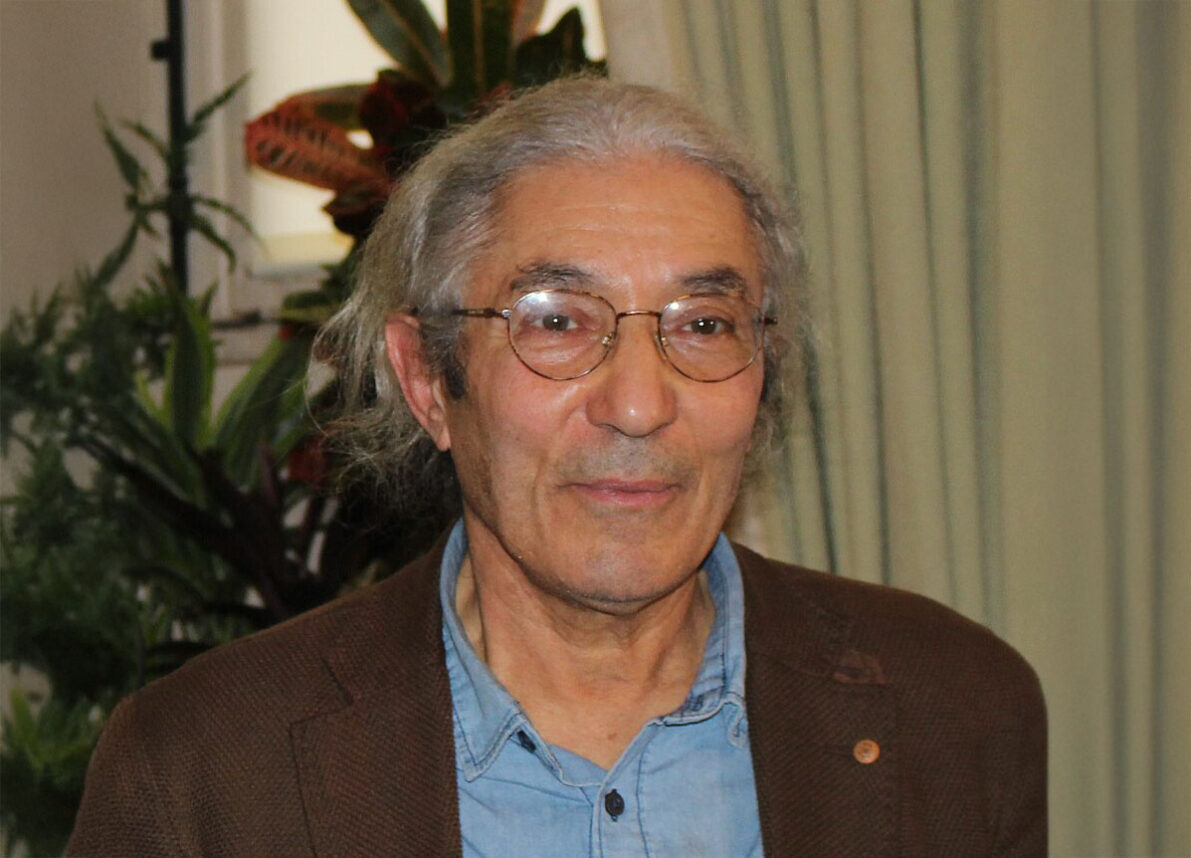
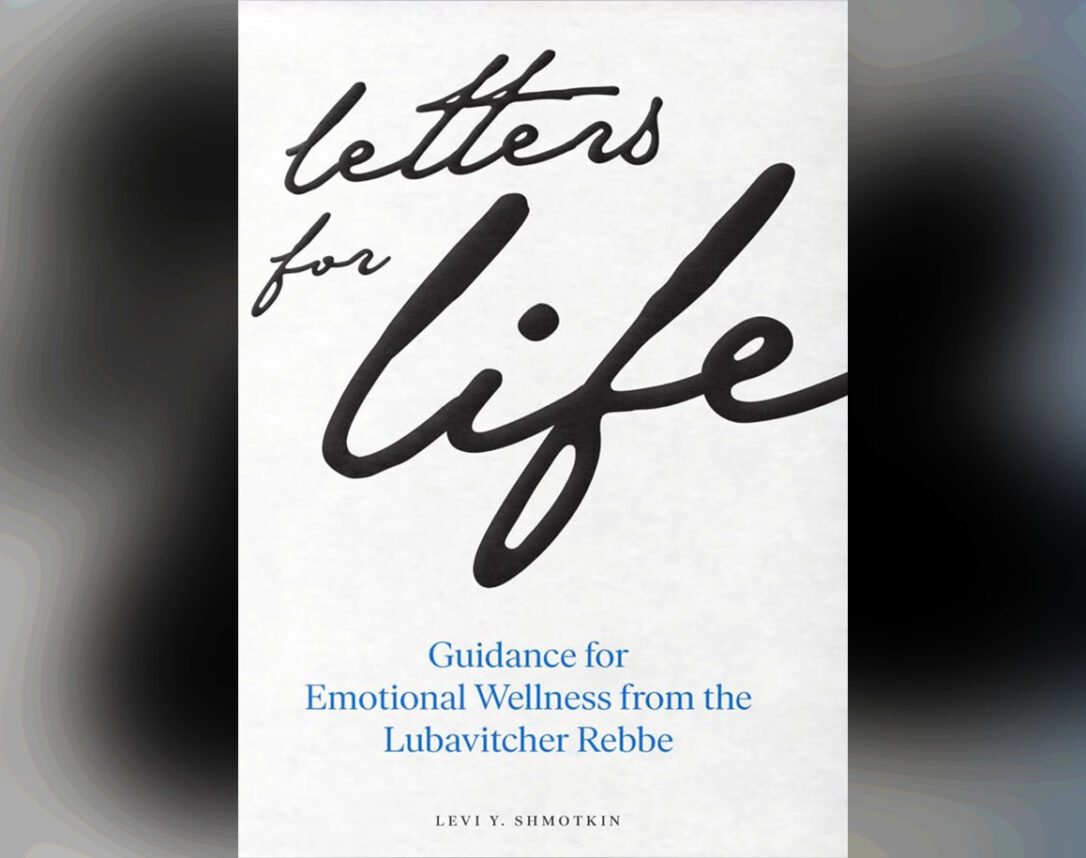

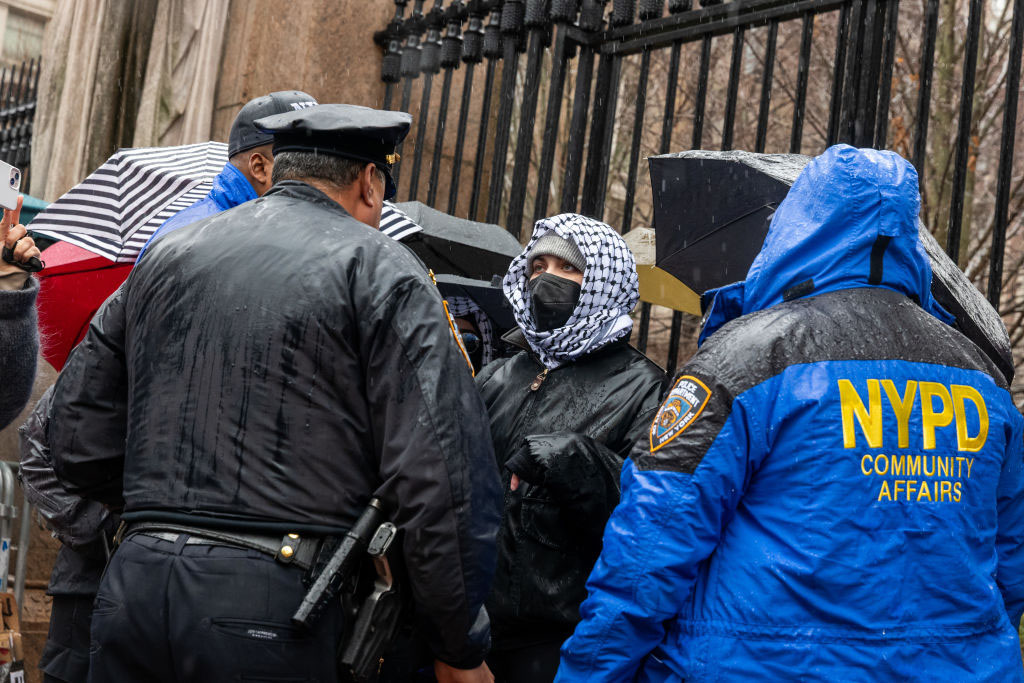
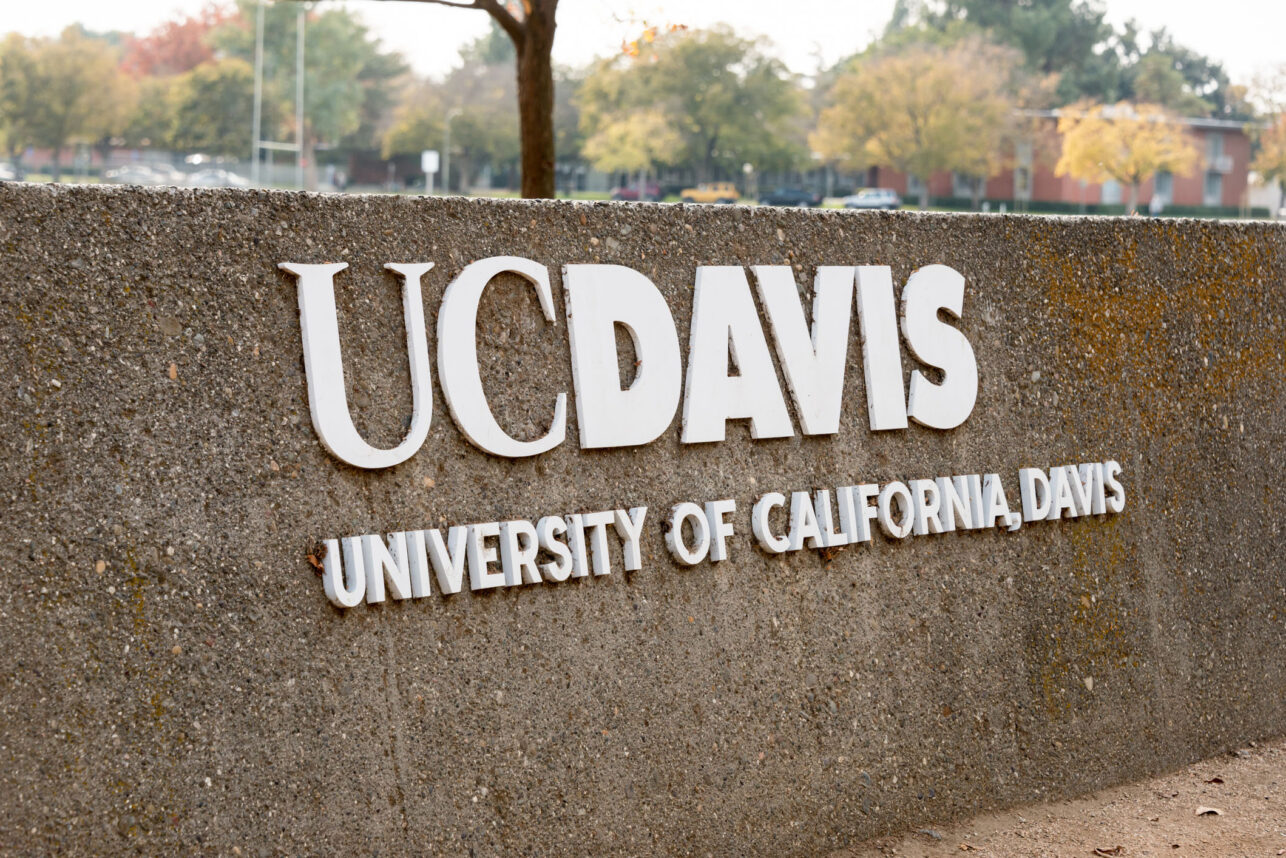
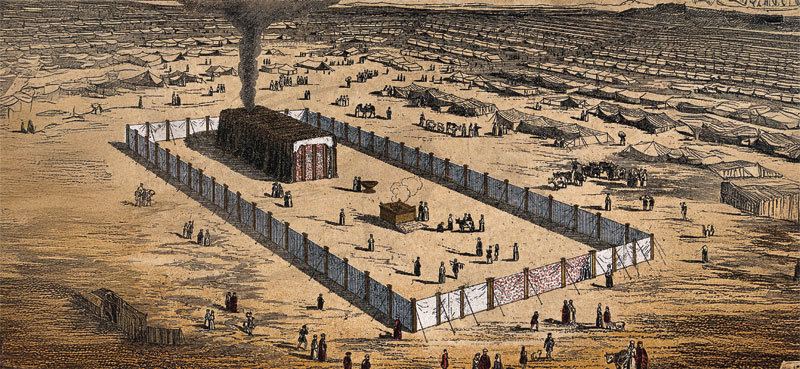
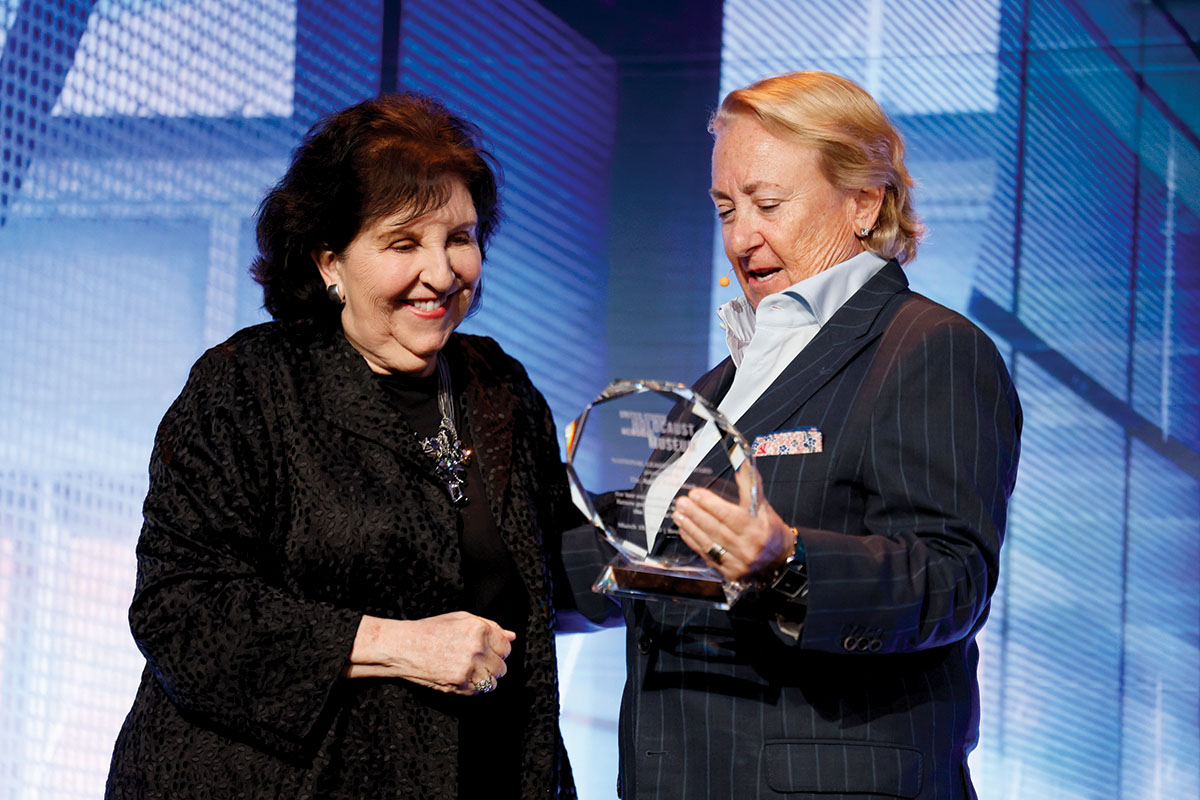


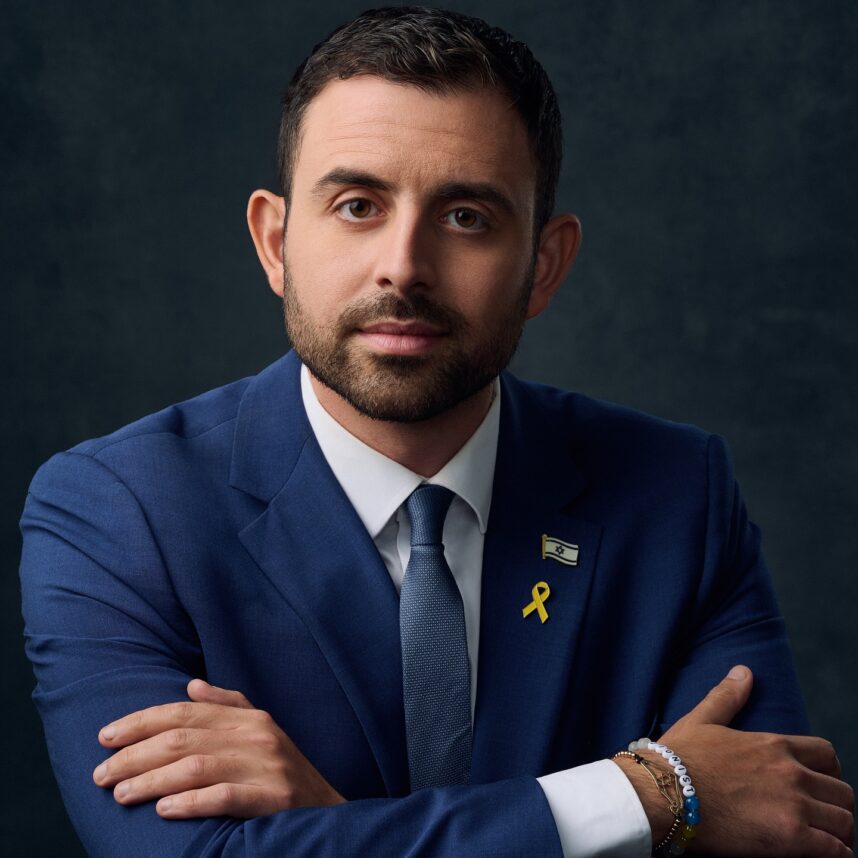
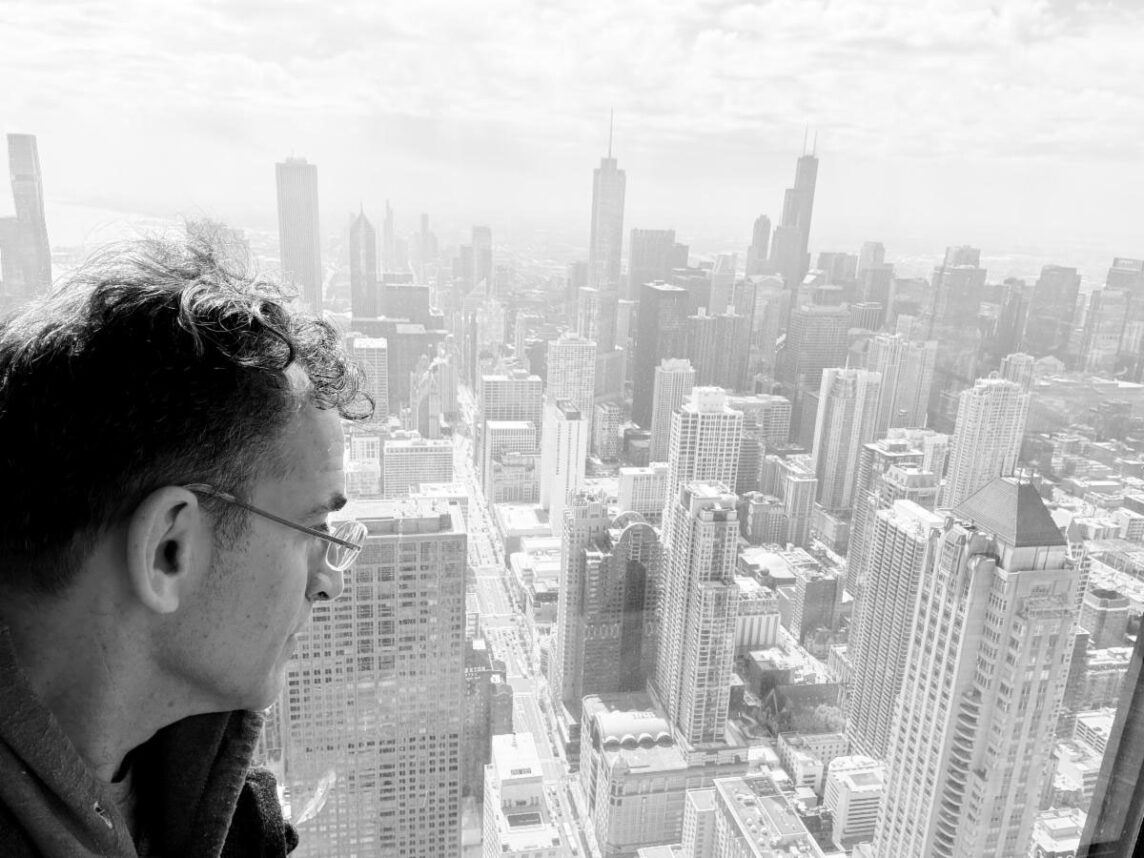






 More news and opinions than at a Shabbat dinner, right in your inbox.
More news and opinions than at a Shabbat dinner, right in your inbox.